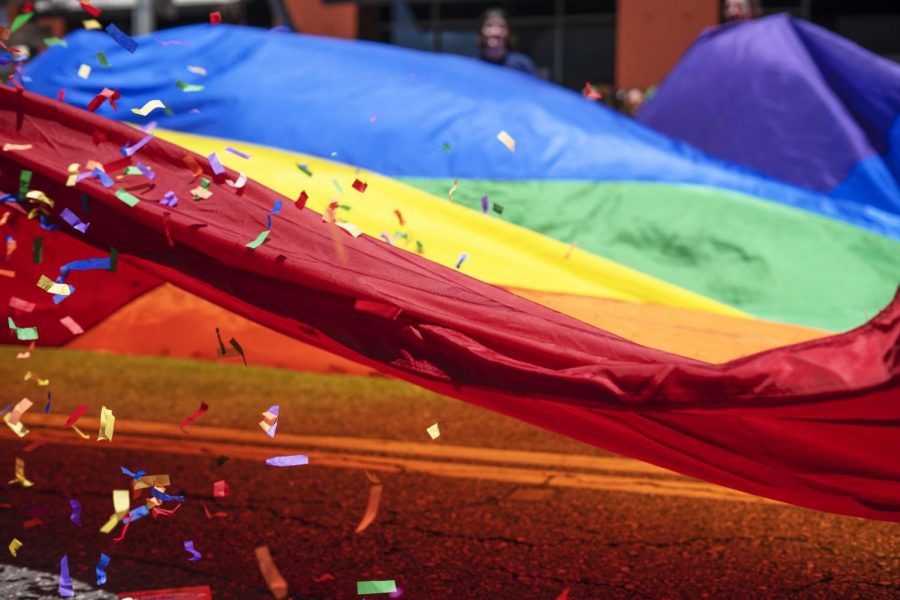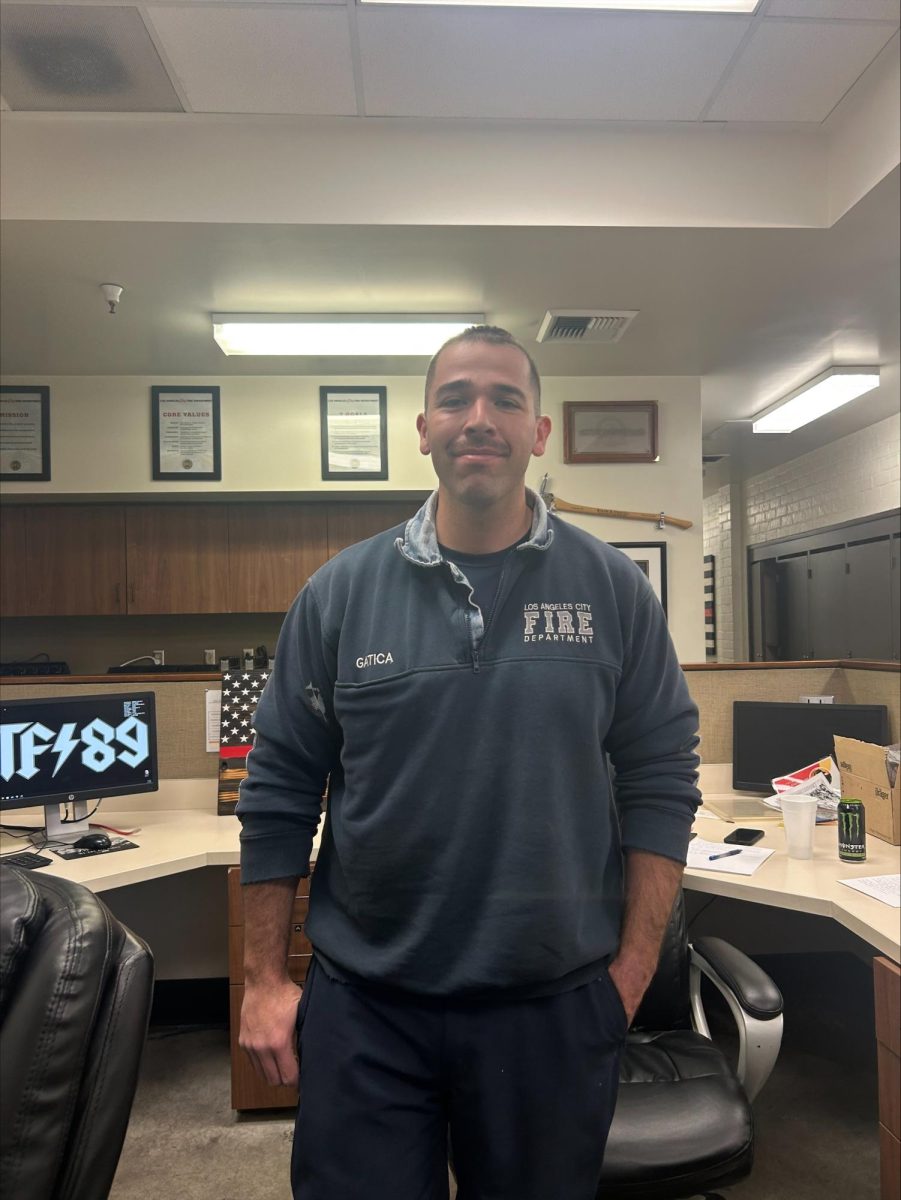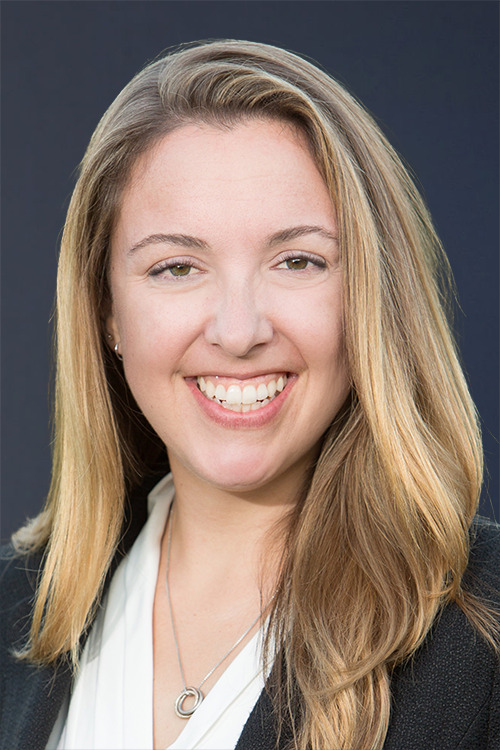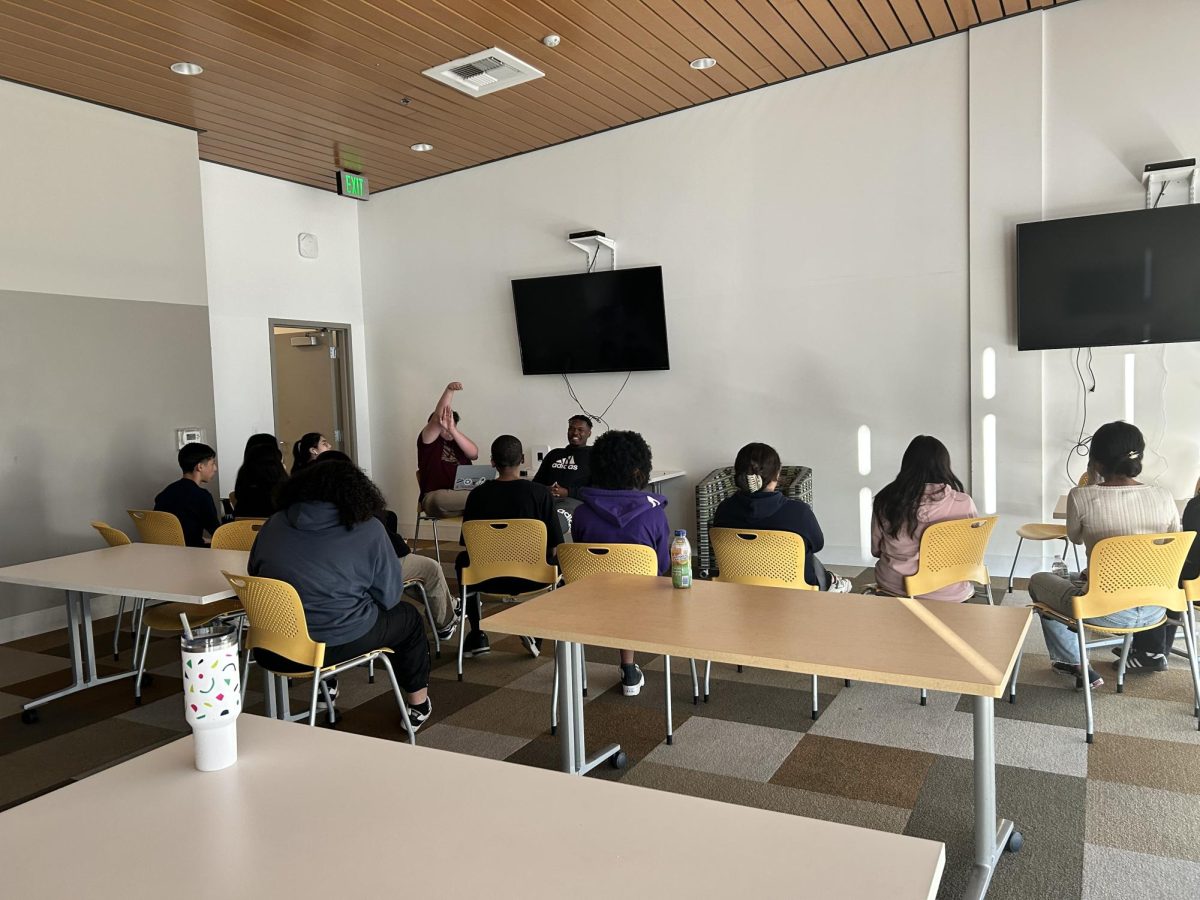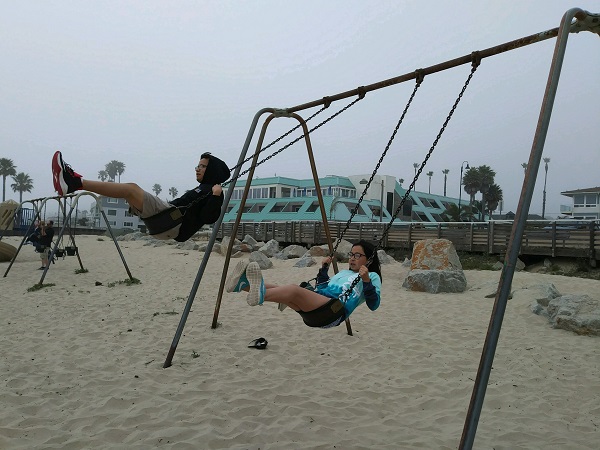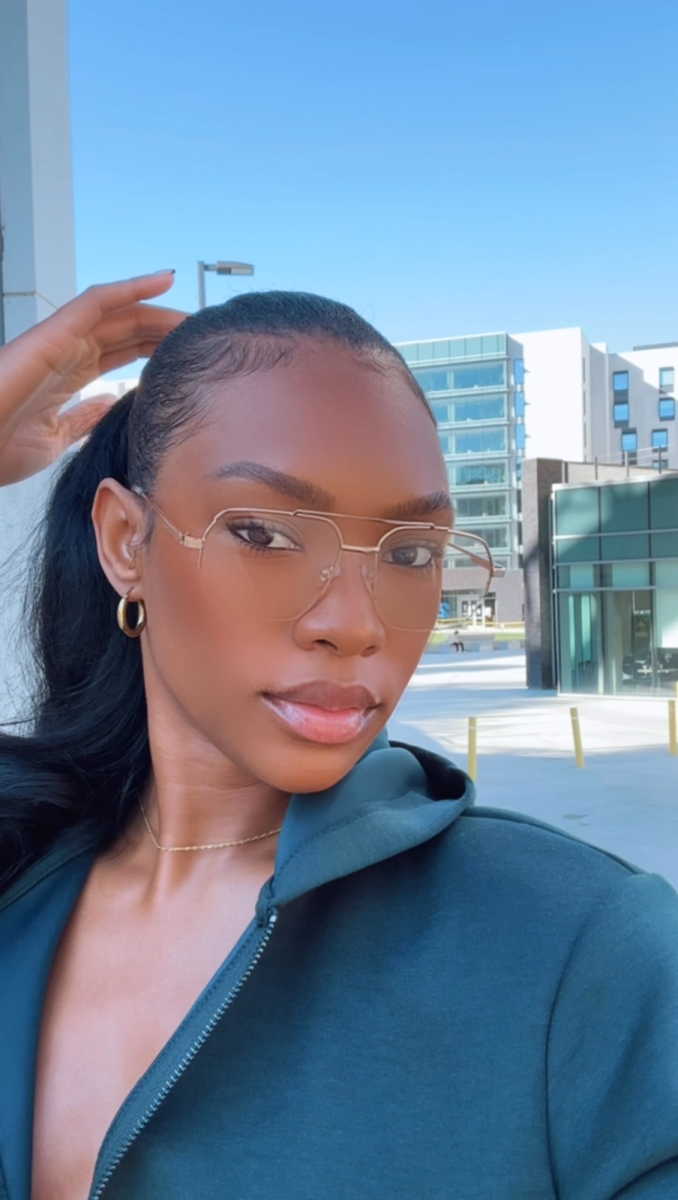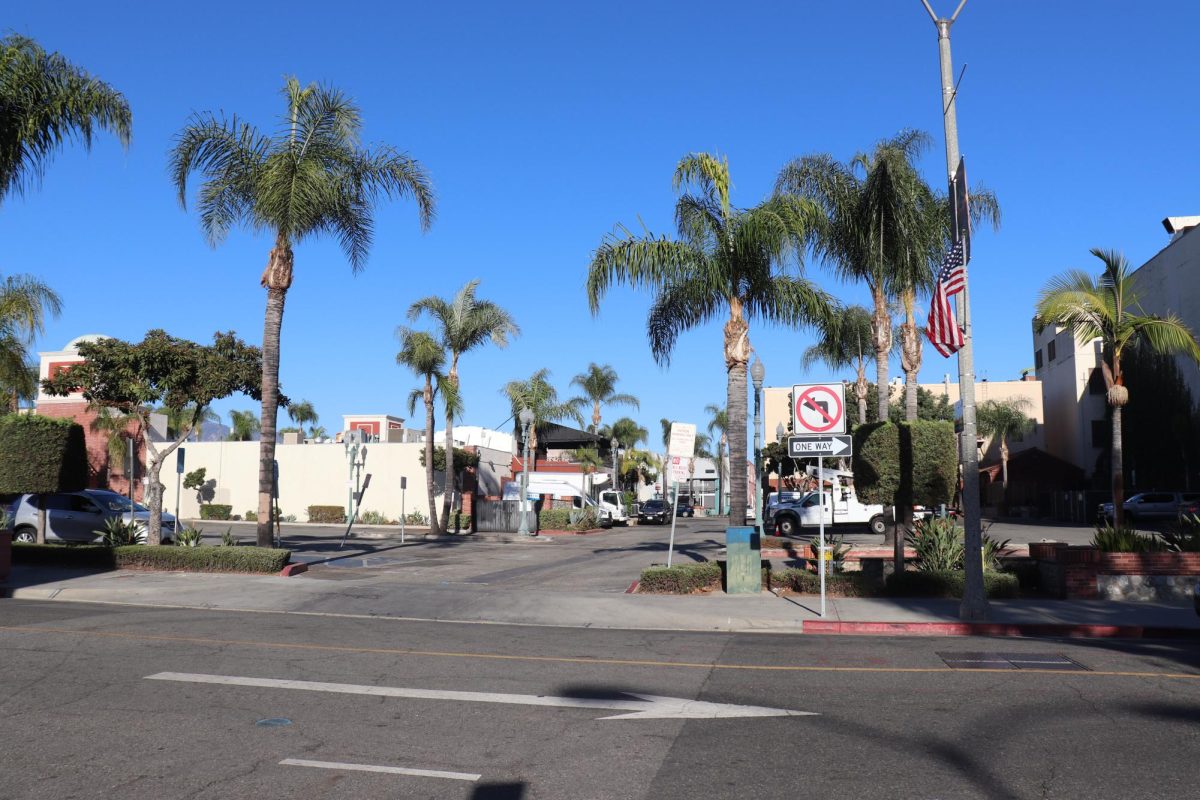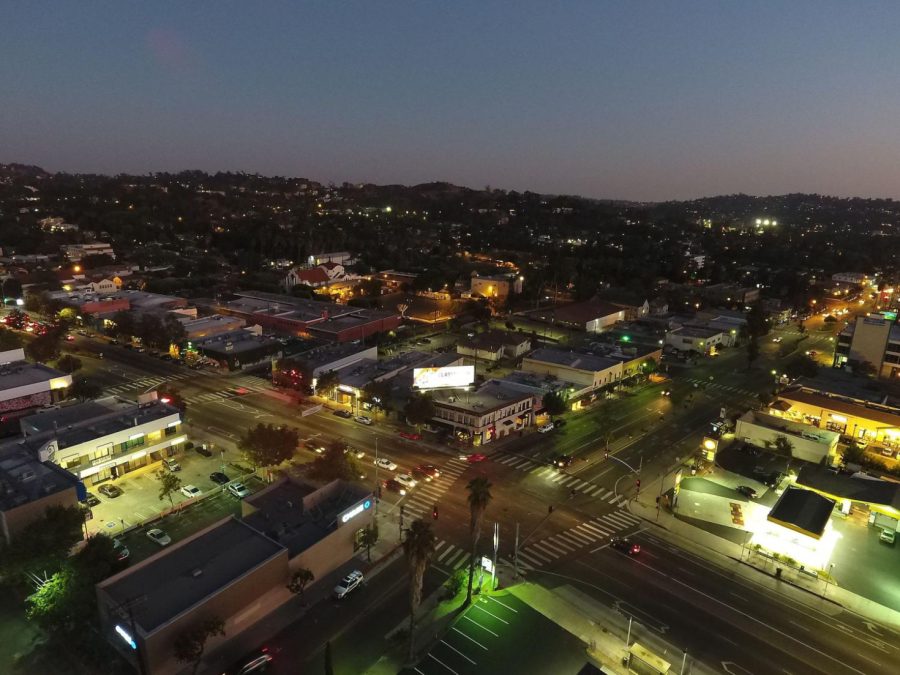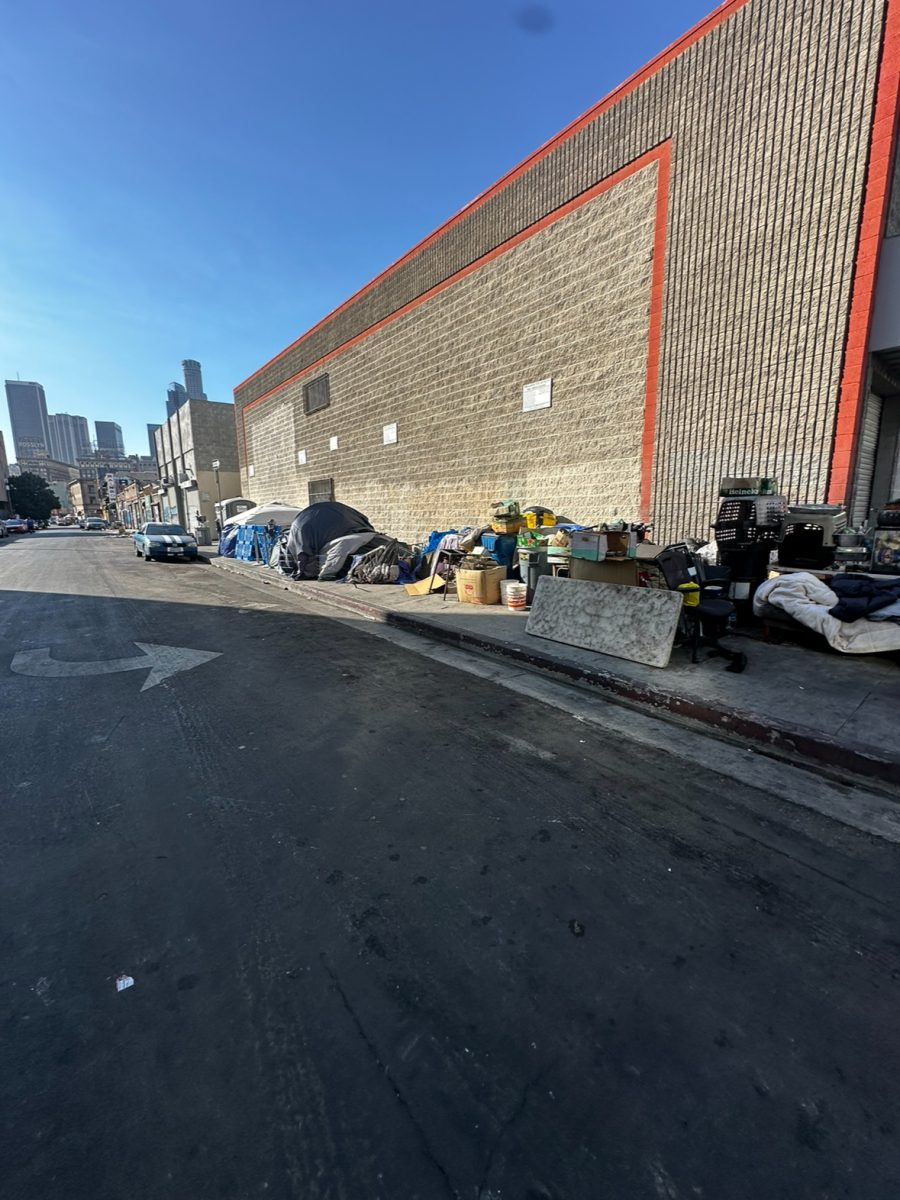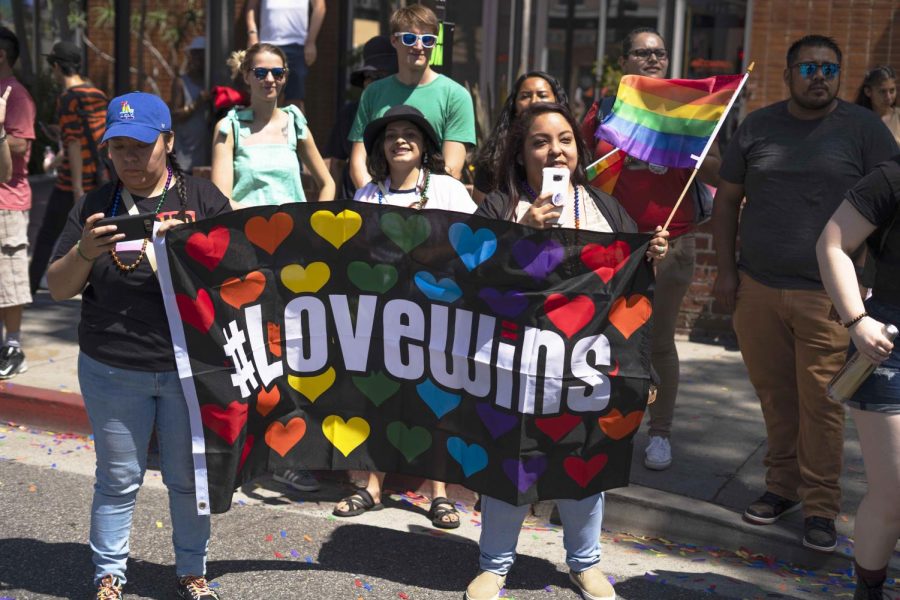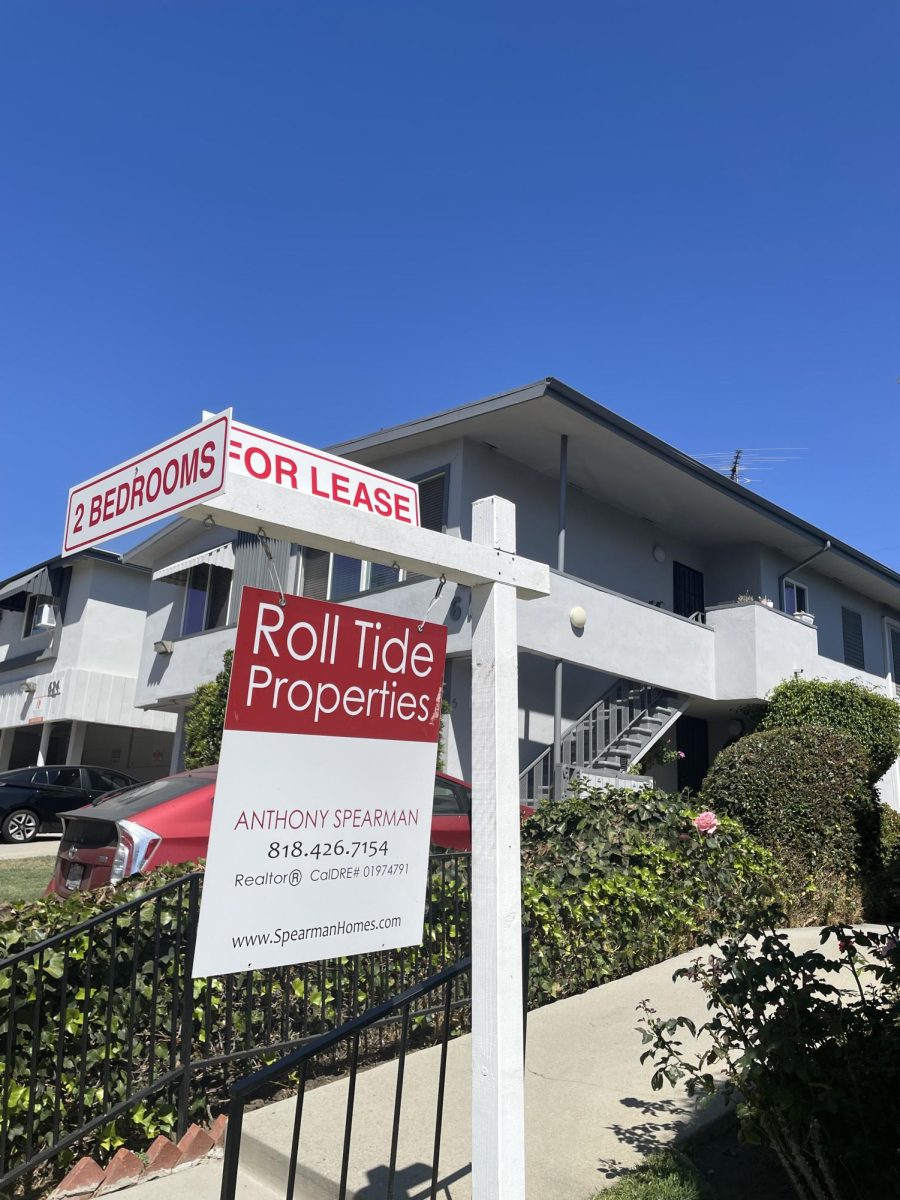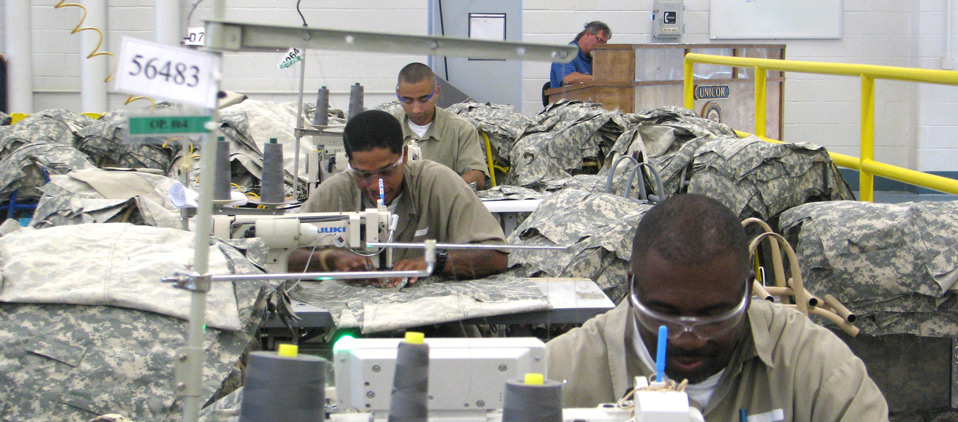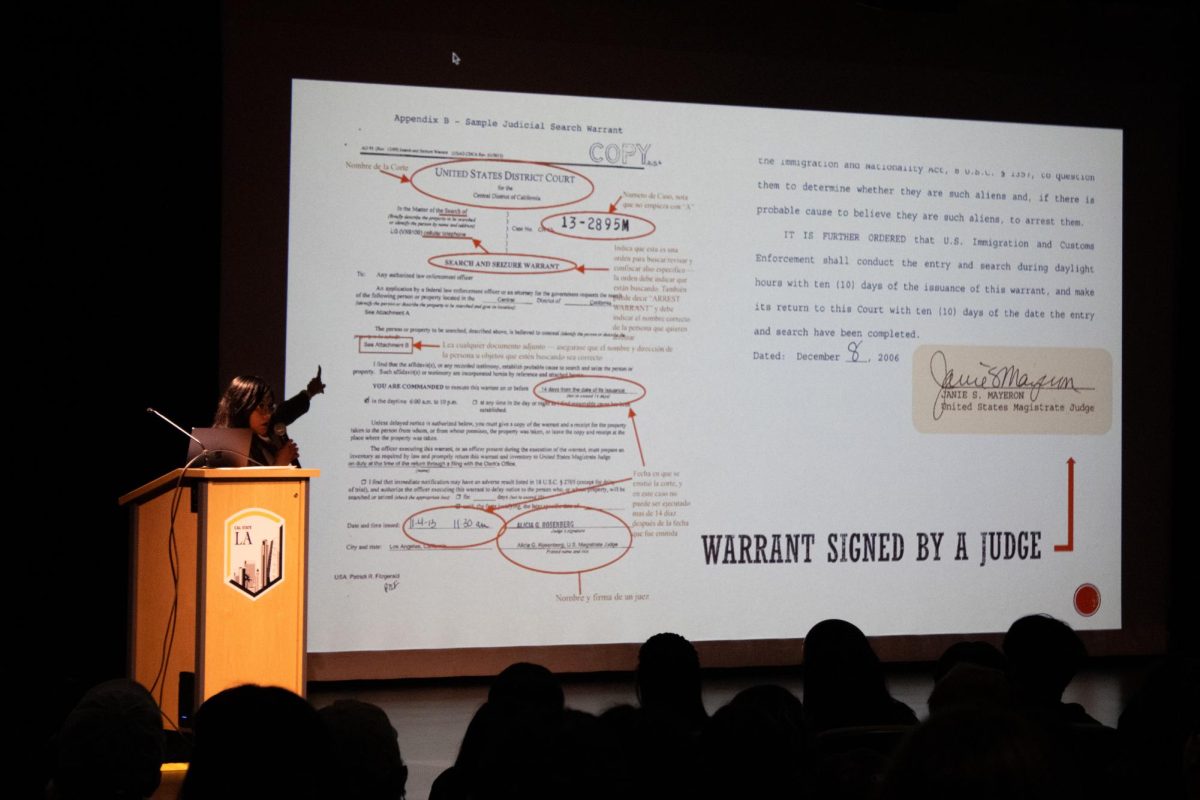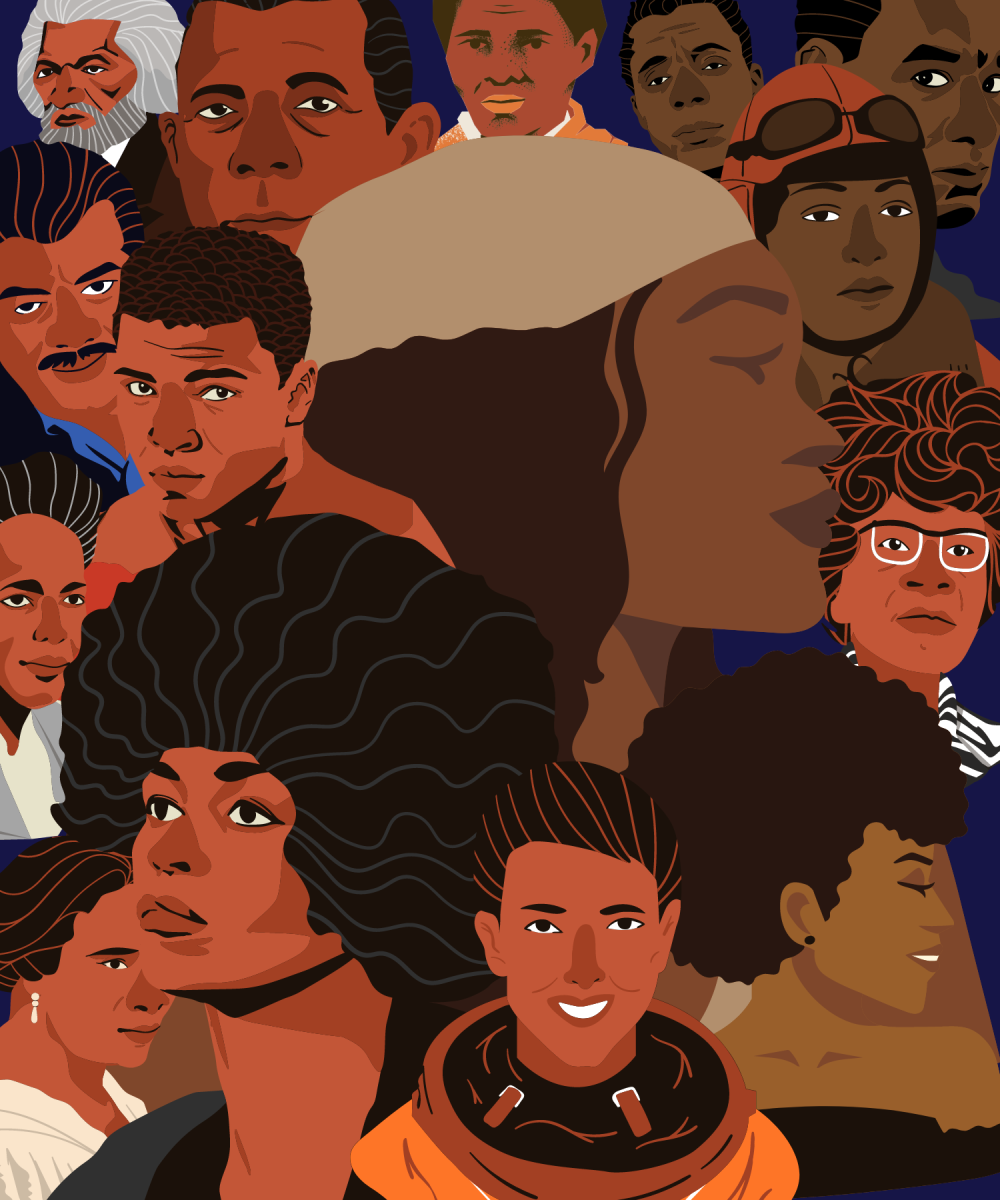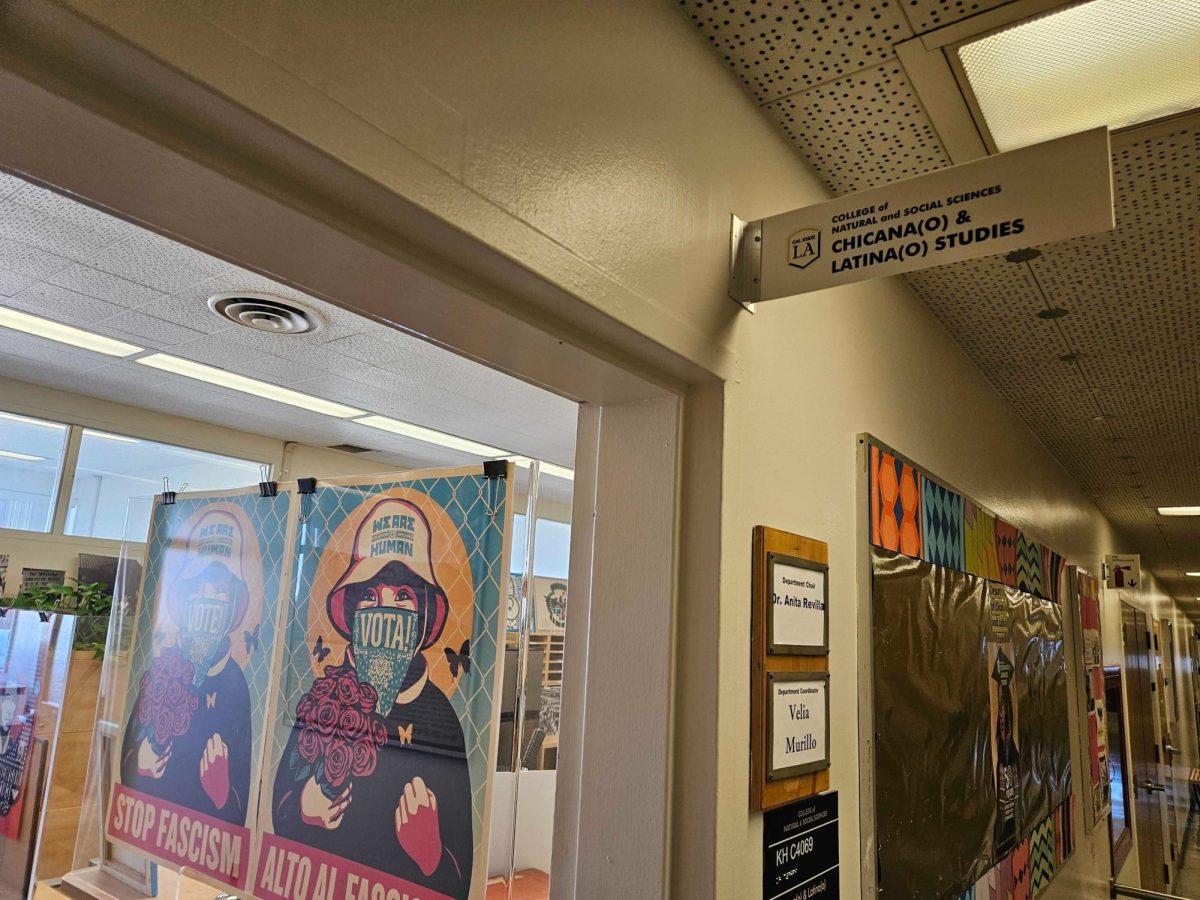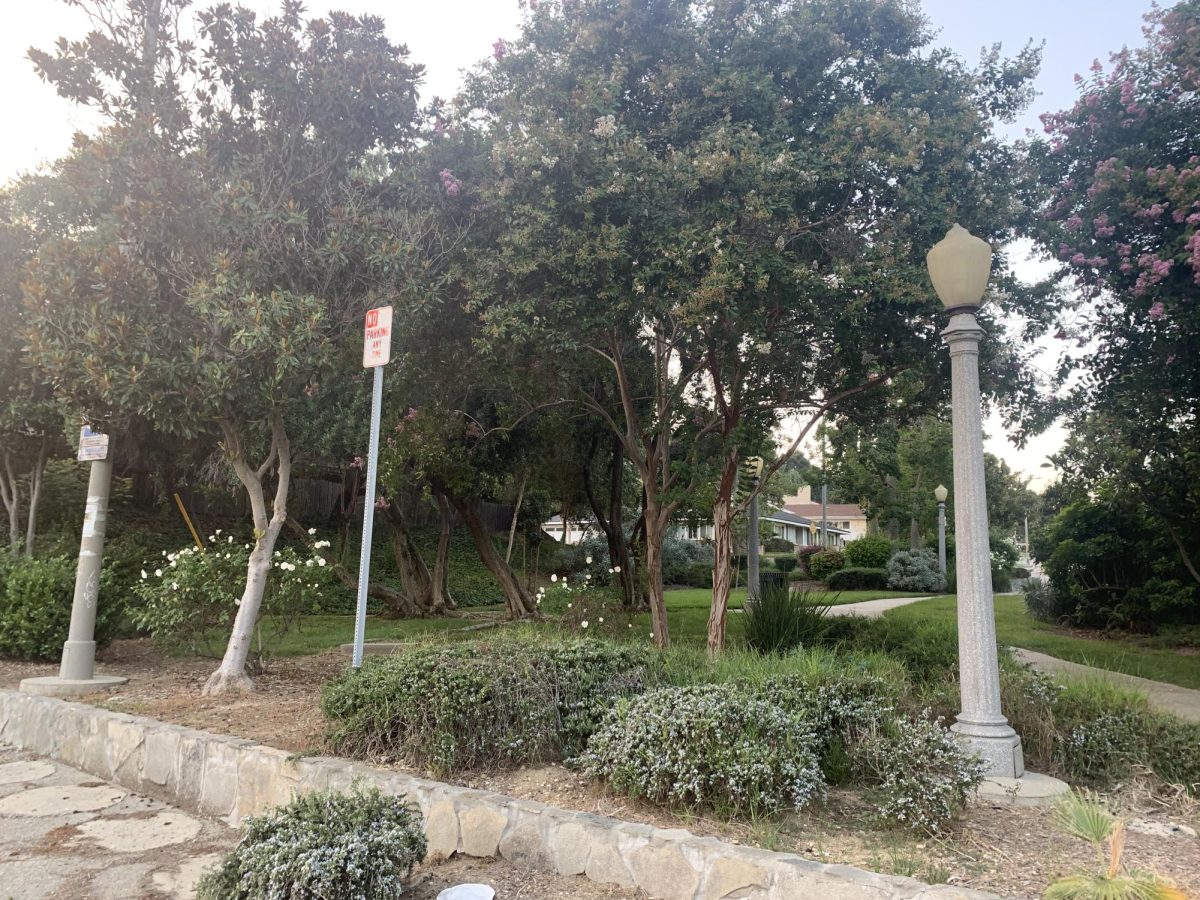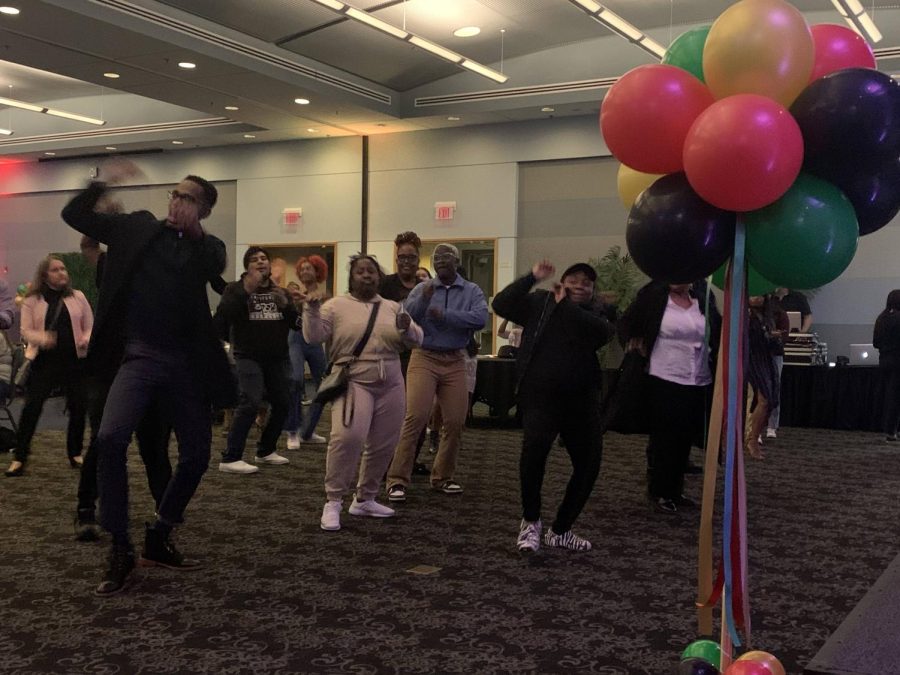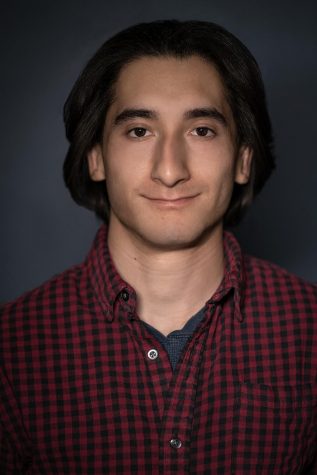Growing up gay means learning to edit yourself—until one day, you realize the only story worth telling is the unedited version.
But getting to that point was a journey for Max.
Max, 34, grew up in a world of contradictions, where the warmth of Filipino family life collided with rigid cultural and traditional expectations.
Max, whose name has been changed because he is not out to his parents yet, was born in the Philippines – the only boy in a conservative, Catholic family.
Some of his preferences – even simple ones, like enjoying tennis instead of sports like football or basketball – made him feel judged in school.
In middle school, while most of the other boys talked about their favorite rap artists, Max quietly idolized singers like Brittany Spears, Christina Aguilera and Taylor Swift.
Max said those musicians seemed to break barriers and some of their lyrics, about defying norms, resonated with him.
But passing remarks by his parents made it clear that they would not approve of him liking anything that was not ultra macho.
They’d make comments about how being gay is wrong. Although he wasn’t even “out” to himself at that point, he recalls how searing the words felt.
For many reasons, he felt he couldn’t be himself at home, at school or really, anywhere.
“It was like everything that makes me who I am was divided into flash drives,” he said.
When he was 17, Max and his family immigrated to Los Angeles.
His feelings of isolation worsened.
“I would go to school, then home. I really didn’t know anyone,” he said.
He walked streets that still felt foreign to him with only his thoughts for company: Sometimes, he’d try to convince himself that he was heterosexual.
“How can I be gay? I like masculine things like Batman and robots. There’s no way,” he recalled thinking.
Slowly, he started making small moves to let himself be himself. For instance, he recalled donning a crop top – only to be confronted by someone who stopped their car in the middle of the street and yelled: “Trump would get rid of your people!”
Despite living in a city known for being cultured, he said he still encountered bigotry regularly.
Max remembers a turning point for him in precise detail: He was in his community college’s cafeteria. The humming and flickering of fluorescent lights seemed to echo the movements and noises — the murmuring, talking and laughing — of students all around.
Max and his friend were enjoying pizza in the corner of the cafeteria, when she turned to him with a simple question: “Does anyone else know?”
Max froze. The sounds around him dimmed. All he could hear was his heartbeat, growing faster. He fidgeted with his plate and moved uncomfortably in his seat. At first, he pretended like he didn’t know what she meant by this question. “You know what I mean,” she said, her voice soft but confident.
Max’s stomach tightened as if the weight of the secret he had kept for so long was consuming and pressing against him.
The words escaped him: “No, no one really.”
“You’re overthinking this,” she said.
His mind raced: Am I? What do I think will happen if I told them? Are they really my friends if they have a problem with the real me?
Suddenly, Max felt a wave of acceptance and relief. Something clicked for him, and a new mindset took root.
With a few words, she had given him the confidence to be himself. Not to hold back, not to hide aspects of himself.
“I knew there were people who couldn’t be out at home, so I always asked if they were comfortable before I brought it up. [Max] has grown so much since then. He’s more confident now, more aware,” said his friend, Melody, whose name has also been changed to protect the identity of “Max.”
It was at the age of twenty-two when Max was finally true to himself and admitted to himself that he liked men. However, he still does not feel comfortable coming out to his family. He’s worried they’ll disown him.
As he started growing more comfortable with exploring events in the LGBTQ+ community, he still didn’t feel he belonged — not for a long time.
People seemed to act as if Asian men were less desirable compared to other ethnicities and races, he said.
In recent years, Max is thankful to see that attitude changing.
Seeing gay Asian icons like those in “Sailor Scouts” has helped.
“They’re one of us,” he thought when he learned about them.
Pop culture bands like BTS have also helped.
Max now feels he can be himself, unapologetically, around his friends.
There are still times, at work and elsewhere, that he encounters people who don’t accept or even disapprove of his sexuality.
“When customers were homophobic toward him or our LGBTQ+ displays, I could see it took a toll on him. But [Max] has grown into who he is. He stands up for himself now and embraces his sexuality and heritage,” said his colleague, Dora, whose name has been changed to protect Max’s identity. “I remember seeing him deal with a homophobic customer and as I was about to go help him, I saw Max calmly diffusing the situation and educating the woman while being his charismatic self. He no longer stays quiet and I love seeing that.”
Another colleague, Laura, whose name has also been changed to protect Max’s identity, said the growth she sees in Max the past few years is astounding.
“I’ve seen him stand up for himself and his identity more,” she said.
She recalled a time Trump supporters came to the shop shouting homophobic slurs.
Max was having fun baiting them with comments and making them contradict themselves.
“It was actually impressive,” Laura said.
If there is one thing Max has learned, it’s that life is an adventure. You will fall but will learn from the darkest moments.
When you think you’re alone, you’re not, because you have yourself. Max said: “It’s your story. You should tell it how you want.”

